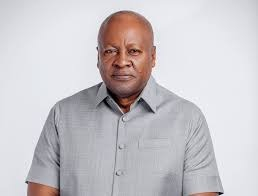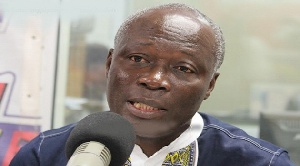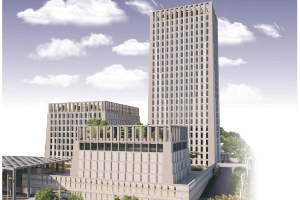Rocky55 Blog of Monday, 11 November 2024
Source: Isaac Appiah
Mahama makes a significant move that could win him the election, which is good news for the NDC.

The ruling New Patriotic Party (NPP) has come under fire from former President John Mahama, who claims that the administration is mismanaging Ghana's economy through reckless borrowing and bad economic policies. On November 10, 2024, Mahama spoke at rallies in Kasoa and Bawjiase in the Central Region, highlighting the country's dire economic circumstances. He cited the burden of government debt, rising living expenses, and rising prices for necessities as major signs of the NPP's "mind-blowing incompetence."
The National Democratic Congress (NDC) flagbearer, Mahama, expressed shock at the way the current government had mishandled the economy, causing the Ghanaians to suffer greatly. He highlighted the skyrocketing costs of necessities like fuel, cement, and Kenkey, all of which have increased dramatically under the NPP. He pointed out that during the NDC rule, a unit of the staple meal Kenkey cost GH₵1.00, but now it costs GH₵5.00. He maintained that this is a direct result of the NPP's inability to control important economic variables like the currency rate.
Mahama's mention of Dr. Michael Agyekum Addo, the late CEO of Mikado [KAMA], who had openly expressed his difficulties with the government's debt restructuring scheme prior to his tragic death, was among the speech's most moving passages. Mahama highlighted the human cost of the government's economic policies with this heartbreaking example. Mahama addressed the financial hardships that Ghanaians were experiencing and chastised the NPP for taking on too much debt, noting out that Eurobonds were responsible for over $11.5 billion of the country's debt. He claimed that the current economic unrest in the country was caused by the government's opaque debt management procedures, which he bemoaned.
Mahama reaffirmed his commitment to reviving the economy, citing the creation of a "24-hour economy" as a means of promoting prosperity. According to him, the idea is a revolutionary approach intended to increase output, lower imports, and generate employment.
Source: Modern Ghana
Entertainment

















